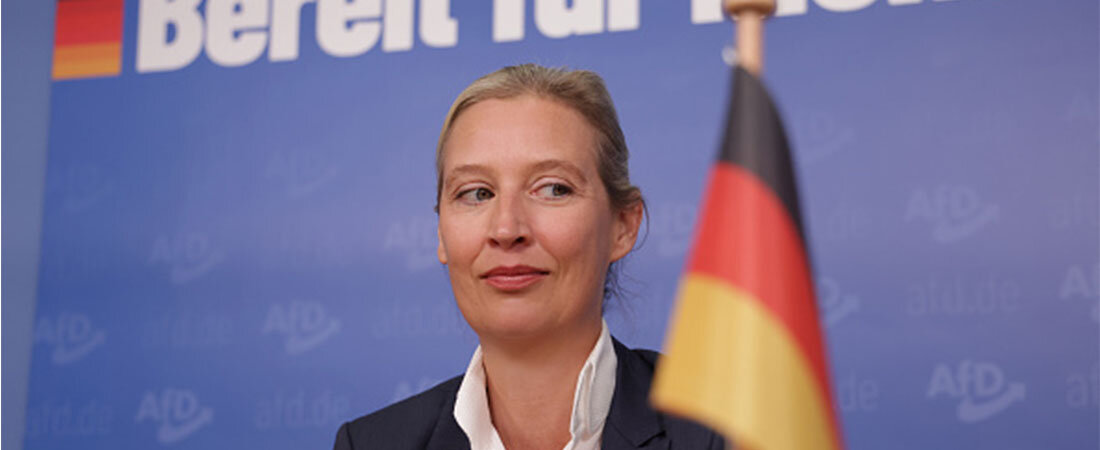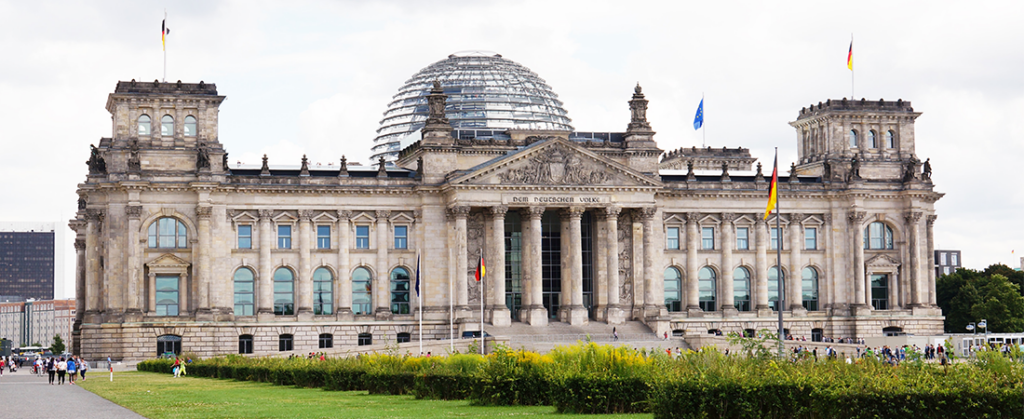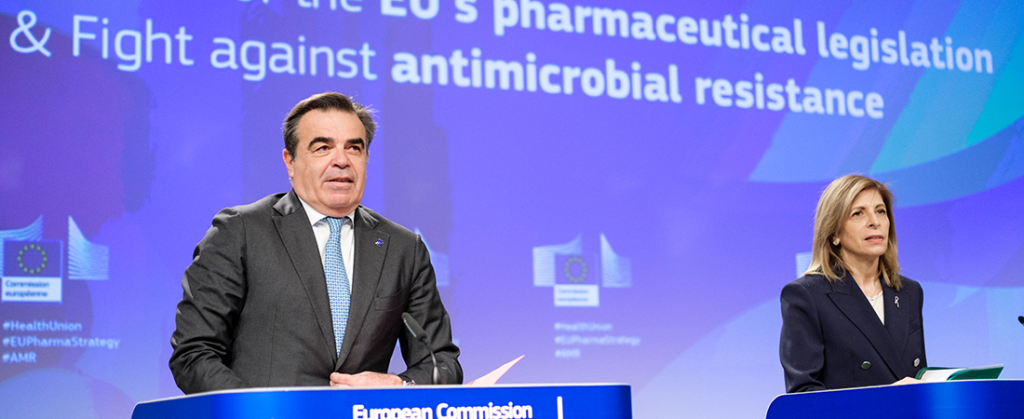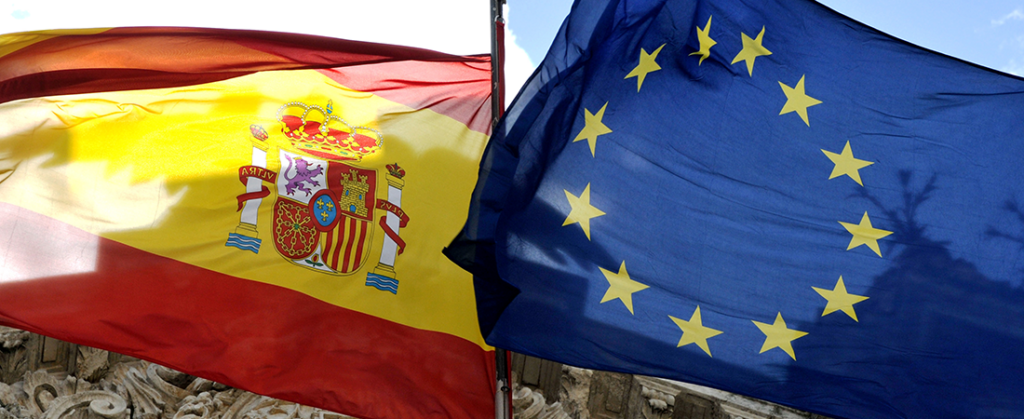The Government lost, right-wing populism is on the rise
Results of the state elections in Bavaria and Hesse on the 8 October have put massive pressure on the federal government of Germany. The strongest party is once again the conservative CDU/CSU, which already leads governing coalitions in both states, but is in opposition at the national level. However, the biggest winner of the day, increasing its voting share by roughly one third, is the right-wing party “Alternative für Deutschland” (AfD): it came in second in Hesse with over 18% of the vote and third in Bavaria with close to 15%.
The results confirm that the German electorate is drifting towards the right – unimpeded by the fact that the AfD is under observation by Germany’s domestic intelligence service for their efforts to undermine the country’s democracy.
At the same time, German voters punished the country’s federal three-party coalition. The Social Democrats, Greens, and the liberal FDP all lost votes in both elections. Constant public infighting about policy in areas ranging from child benefits to migration and sustainability certainly did not help their image in the eyes of the voters.
Impact on Policymaking
Portland doesn’t expect any large shifts in state-level politics, because the party coalitions currently governing in both Bavaria and Hesse have won another majority and are poised to continue their work. The parties of the federal government consequently missed their chance to gain a stronger position in the Bundesrat, Germany’s upper house composed of delegates of the state governments. Consequently, the national government will have to continue negotiating any major policy change with the opposition: the conservative CDU/CSU.
Does this mean “Business as usual” then?
Not really. The impact on national-level politics is already enormous. Three days after the election, the Interior Ministry announced a stunning about-face from the centre-left government, signalling harsher treatment of refugees denied asylum. Clearly a reaction to the gains of the AfD, the success of the right-wing party’s anti-immigration stance might become a catalyst for a re-evaluation of Germany’s immigration and asylum laws.
The next national elections might still be two years away, but 2024 will see not only the European elections, but polls in the states Saxony, Thuringia and Brandenburg as well. In these states the AfD is currently polling at about 30%, making them the strongest party and thus potentially eligible to form a government. That would be a watershed moment in German politics: until now the far-right has never been included in, let alone run, a government at state level.
We predict that the federal government will try to adjust its course in several key policy areas – like immigration – to stop voters from moving to the far-right fringe. Consequently, all three parties of the coalition were quick in stating that the public infighting would have to end to allow the government to focus on policy. But with all three parties currently feeling the need to sharpen their profile independently of their coalition partners to recover the goodwill of their core constituencies. Wrangling over policy may actually increase in the near future – especially as the environmentally-conscious Greens and the business-friendly FDP disagree about the implementation of promises laid out in the 2021 coalition agreement.
Success or Failure of “The Great Experiment”?
Germany’s heterogeneous government coalition has a long road ahead to reassert itself before the national elections in 2025. The fact that it seems to be getting more internally divided after each state election doesn’t help its chances of being remembered as a success instead of a great experiment that ultimately failed.





